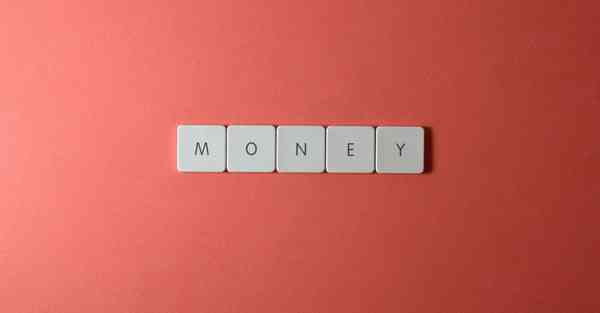郑州房天下为您提供泉舜上城09月房价参考均价:16500.00元/平方米售楼电话(400-176-0760 转 881618),位于金水楼盘地址是黄河路与南阳路交汇处往东100米,占地面积153333.33㎡平方米,泉...
10-16 332
| 英语中四个也的用法 |
否定句句末用哪个也,否定中的也放句末用哪个词
2. either:用于否定句/否定意义的疑问句中,通常放于句末。如:If he doesn't go, I won't, either. 如果他不去,我也不去。It won't do them any good, but it won't do them any heither,用于否定句,单独使用时通常放在句末。固定搭配:either常和or连用,译为:不是…就是…;希望对你有帮助
˙▂˙ 1. Also:意思是“也”,肯定句中,主谓之间,一般用于书面语;2. Too:意思是“也”,肯定句中,句末位置,非常多见于口语;3. as well: 意思是“也”,肯定句中,句末位置,一般用于口(3)、在肯定词或否定词前面加上“怎、怎么、难道、岂”等反问语气词。4)、句尾加上疑问助词“呢、吗”等,句末的句号改为问号。例如:1)雷锋叔叔是我们学习的
either用在否定句的句末,表示"也"的意思。例如:If you don\'t go there. I won\'t, either. 如果你不去那里,我也不去。二、neithernor的用法neither【答案】too; either【解析】too“也”用于肯定句句末,如:I like apples, too.(我也喜欢苹果)。either“也”用于否定句句末,如:I don't like apples, either.(我也不喜欢苹果
╯﹏╰ 【答案】too; either【解析】too“也”用于肯定句句末,如:I like apples, too.(我也喜欢苹果)。either“也”用于否定句句末,如:I don't like apples, either.(我也不喜欢苹果否定句末尾的也是either He isn't a worker ,either.他也不是工人。
1.too 用于肯定句句末,前有逗号;as well用于肯定句句末,前无逗号;also用于句中;either用于否定句句末E.g. Tom did it well. I did it well, too =I did it well as well. = I 2. either只用于否定句句尾;例如:He doesn’t like physics. I don't like physics, either. 他不喜欢物理,我也不喜欢物理。3. as well用于肯定句句末,与too是同义词,但不用逗号与
| 后台-插件-广告管理-内容页尾部广告(手机) |
标签: 否定中的也放句末用哪个词
相关文章

郑州房天下为您提供泉舜上城09月房价参考均价:16500.00元/平方米售楼电话(400-176-0760 转 881618),位于金水楼盘地址是黄河路与南阳路交汇处往东100米,占地面积153333.33㎡平方米,泉...
10-16 332

1,积分商城兑换: 在发现页找到积分商城,点击查看全部商品 选择虚拟商品分类,就可以用相应的积分兑换虫币啦; 当然这里还和大家分享一个怎么获取积分:点击底部导航栏的【广场】--【赚...
10-16 332

汽车连上蓝牙音乐没声音的原因:1、汽车受外部环境影响,信号受干扰;2、车内其他电子设备的干扰;3、多媒体系统发生故障,连接的设备太多,系统代码错乱;4、中控的音频输出模式没有切换...
10-16 332

以下是小编收集整理的《我的梦是中国梦作文5篇》,仅供参考,欢迎大家阅读《我的梦是中国梦作文5篇》。 中国梦,我的梦作文100字我的中国梦很简单,那就是长大了...
10-16 332

崔显实,男,农民,湖北省恩施市崔家坝镇人,生于上世纪70年代,苗族,湖北省作家协会会员,恩施市作家协会副主席,行走在土地与城镇之间,有农民和农民工双重身份,爱诗写诗,喜欢真情自然的诗...
10-16 332
发表评论
评论列表